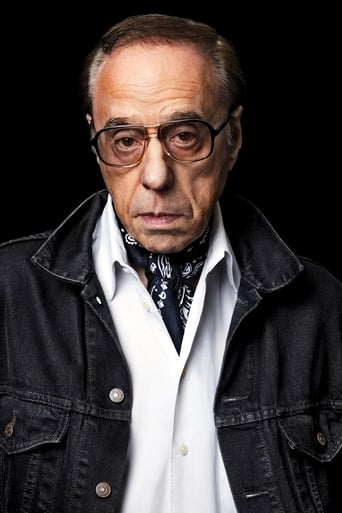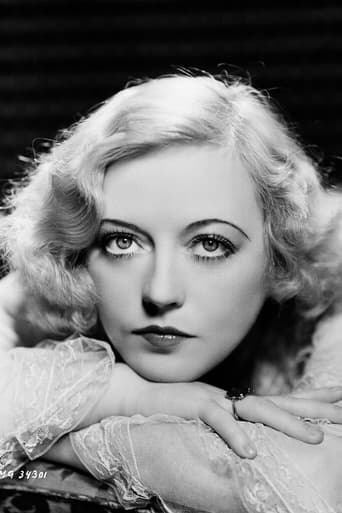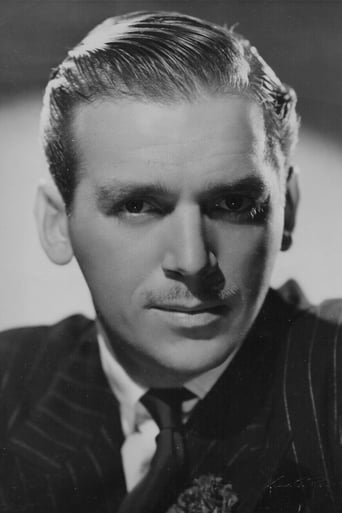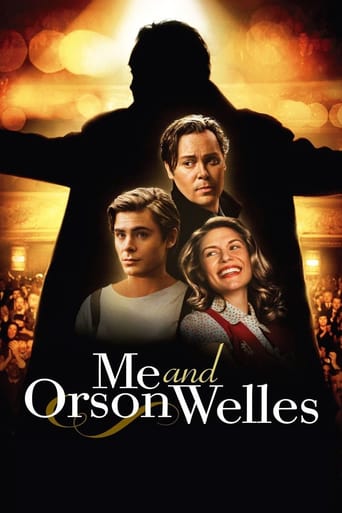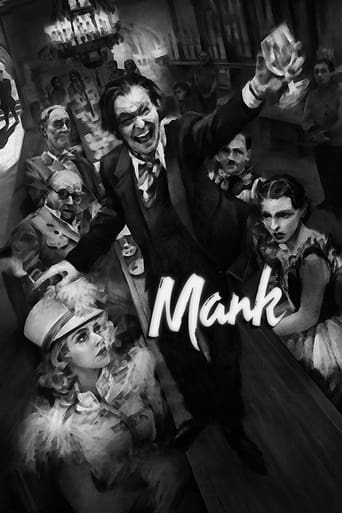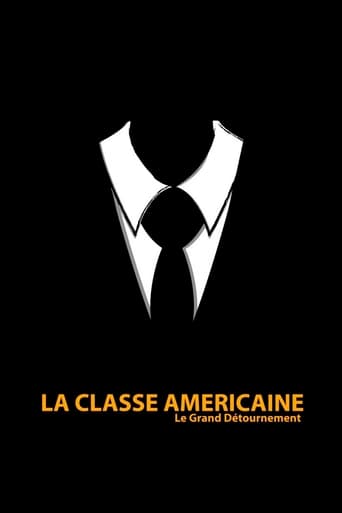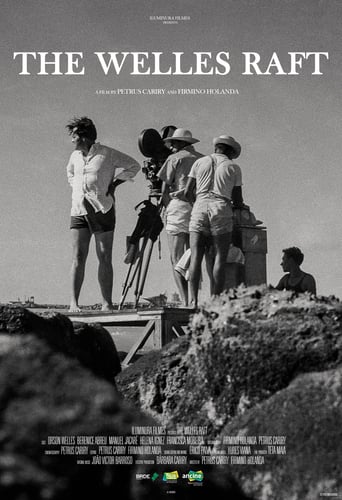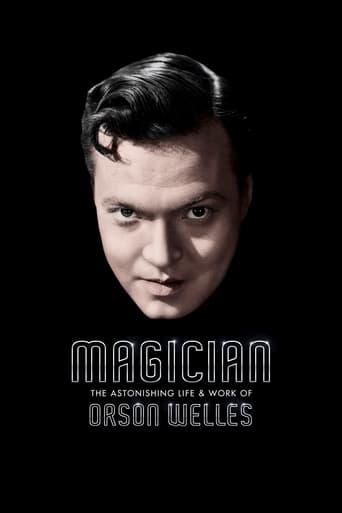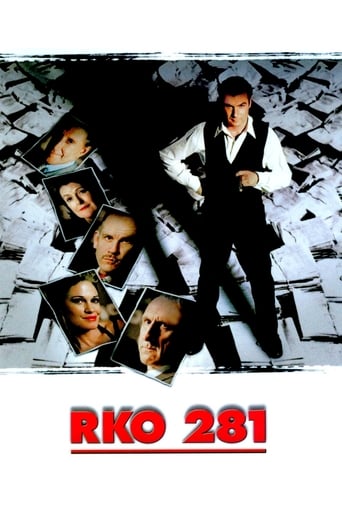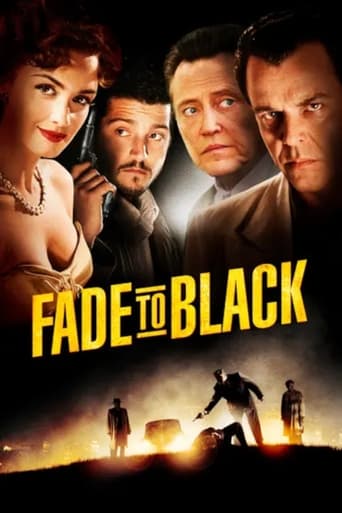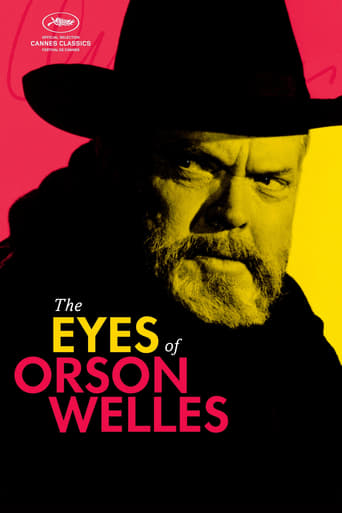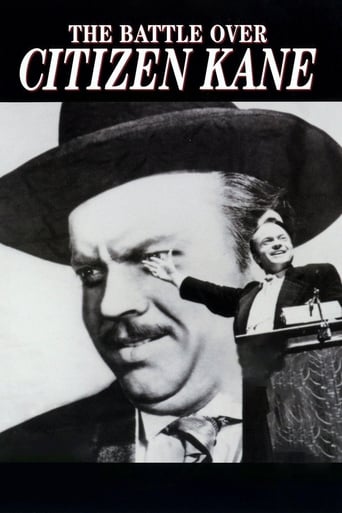
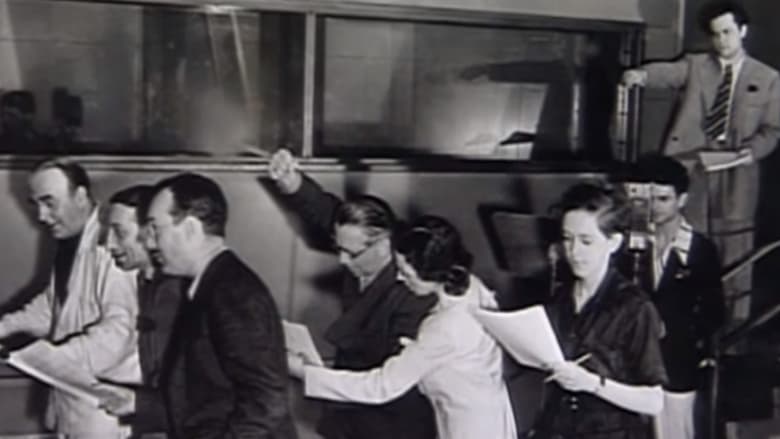
The Battle Over Citizen Kane (1996)
Documentary about the battle between Orson Welles and William Randolph Hearst over Welles' Citizen Kane (1941). Features interviews with Welles' and Hearst's co-workers also acts as a relatively complete biograph of Hearst's career.
Watch Trailer
Cast


Similar titles
Reviews
Pretty Good
I wanted to but couldn't!
Don't listen to the negative reviews
This story has more twists and turns than a second-rate soap opera.
This is a feature-length documentary found on the DVD of Citizen Kane(not to be confused with the actual TV picture of a few years later, RKO 281, in spite of the latter sharing the title and evidently at least some of the premise). It's well-produced throughout and leaves little to be desired. It is more about the life and accomplishments of Hearst than Welles, but that can be argued as fitting, as that was whom the film in question was intended to be a biography of(if it turned out to be a bit of a misunderstood attempt at so, masterful effort though it is, and in the end actually is closer to the real persona, past and then-future of its maker). We are given a lot of insight into both of them, who they were, what drove them, their triumphs and defeat. It's all told rather well, with clips of the movie itself(as well as others, where it fits), interviews, past as well as current, with those who worked with them(and even one of Orson himself, from '82), footage from behind the scenes, stills and narration. A number of the many shocks the two caused, including the (in)famous War of the Worlds broadcast, are detailed, with witness accounts where possible. It's well-written and put together with expertise. This alone ought to be a strong point in favor of owning a copy of the piece itself. I recommend this to anyone who wants to know about one and/or the other of the mighty people, the controversy and their clash. 8/10
The American Experience is an unusually intelligent TV show. The episode concerning the 1918 flu outbreak comes to mind as a typical, interesting piece. But here it presents the usual near-hagiography of Welles. And unsure of whether the story is dramatic enough, they exaggerate plenty, and find witnesses to do the same. They give nearly the whole narrative over to bombast, at one point calling Citizen Kane "the movie that ruined both Welles and Hearst." That's just um... hyperbole.It's at least the third time this material has been given the run-through after The Citizen Kane Book, RKO-187, and Citizen Kane itself, an dthat's not counting "The Cat's Meow" about William R Hearst. One smirks noting that there isn't much difference between this and the cheesy techniques in Kane's "News on the March" featurette.Thespian-witness Norman Lloyd who was flown out for 6 weeks of tennis on RKO's dime for a canceled Welles production, finds his own story fascinating; that is, when he's not overacting for the interview, delivering unremarkable memories that he finds remarkable, and obviously bullshitting to make himself seem more interesting.But nothing will prepare you for Sam Leve... no more annoying person has ever existed. He's a comically over-the-top stereotype, who resembles a bushy frog, and insists to viewers that the things actually happened in his now-unremarkable anecdotes. ("I was THERE. I'm NOT TELLING ANY STORIES!") He gesticulates. He shouts. He's impresses himself. He's a self-parody of everything bad in bio-pix; some utter jackass pulled out of mothballs, whose every word comes off as horseshit. This guy applauds himself for forming a sentence, and he's supposed to offer insight? He wears out his welcome in about ten seconds. Really folks.... give Uncle Morty his meds and put him back in the asylum. He's not helping your movie.But mostly the problems are those that afflict the "Behind the Music" series. Anything unique or extraordinary is crushed under the wheels of the unrelenting, typical bio-doc format.
Here is a special kind of documentary. It's surprising that it got nominated for an Oscar for best documentary, as it is from what I've seen in the DVD as being a made-for-TV affair (provided by annual financial support from "Viewers like you"). But on those standards it's one of the best from the 90's. Here is a study, not too long and not too short, about not only the history behind the feud that ensued between William Randolph Hearst and Orson Welles, but really about the two men themselves and how the best thing to come out of it all was the film. As it stands with history in present times, the real facts are interesting enough, yet is more for a selective audience who'll take the time to read books on the subject(s) or watch the documentaries. And if a fictional narrative on celluloid comes out, that may (or may not) become a basis for how that history is seen in the following generations who've never heard of the real stories. Citizen Kane is not a down-to-the-line biographical take on Hearst's jump to fame and his descent into his 'kingdom' of sorts, and it shouldn't have been (although, and this documentary confirms it, certain explicit details were taken from Hearst's life, which even Welles in interviews considers "dirty tricks").So like all good PBS-style documentaries, the filmmakers aren't content with merely showing the making of Kane and the battle over it (there's the dramatization- RKO 281- for that). It goes into the details of the two subjects lives, and an almost compare/contrast format of their claims to fame and power, however gargantuan &/or precious it was. Hearst grew up in what one of the interviewees calls a "19th century mind-set", where what he had was all his, no matter how he got it. It's of true fascination for someone from the end of the 20th century into the 21st century to see the brilliance behind the hubris; Hearst did in fact create the first sort of magazine that today is considered like an Enquirer or a Star magazine, only juicier and fresher to a sensitized audience. He creates an empire, tries to run for Government and fails, and then focuses all of his attentions on Marion Davies, a comic actress whom he nearly moved buildings for.His story is inter-cut wonderfully with Orson Welles's rise to fame. Anyone who knows just a little about Welles knows the hallmark War of the Worlds broadcast which, coincidentally like Hearst, capitalized on the public's pre-World War judgments. But un-like Hearst, who was painted as courteous, but also domineering and God-like (and Welles could be both of those things), Welles's control could get fierce, and difficult, but always for the results on stage or on the radio. Welles came almost 'out of nowhere', and says himself that he rarely heard a discouraging word. That is, until he reached New York, where he became one of the first celebrities to get a hotbed of controversy laid on his daring in entertainment and off. He revolutionized the theater (Macbeth and King Lear are mentioned, but wisely also the reverse power of the flops for Welles), and then radio, and got the most delicious film contract since Charlie Chaplin. When he hooked up with writer and Hearst's San Simian frequenter Herman Manciewicz, the ball got rolling on his first Hollywood picture.For some, this is where the real interest may kick in (likely more for film buffs than regular history aficionados), as Hearst threatened everything but a gun to the studio's executives to squash the film that alluded to so much about his personal life (one doesn't even need to mention 'Rosebud'). Although this part of the film seems to go by a little faster than the bulk of the film, it's of not flaw. Because of the time spent analyzing these two unique mavericks in their fields, one can see almost why this had to happen. It was just as personal and important for Hearst to create his empire as it was for Welles to make his film. There were, of course, many things that were Welles, not Hearst, in the picture, and that adds to its appeal. The film is also excellent as it doesn't shy from pointing out as much as what went wrong as went right; Welles's career would never be the same after that film, and Hearst was already on his way down after the battle was over (one person remarked to Welles after the movie opened up "quit now, quite while you're ahead). It should prove a great viewing for 'Kane' and Welles fans, and those who have not much an interest in him may still have that PBS doc bug going for the Hearst parts of the story.
The conflict between William Randolph Hearst, the press magnate, and Orson Welles, the greatest filmmaker of all time, over the latter's supposedly Hearst-bashing Citizen Kane is a relatively fascinating story (in the sense that real life is rarely as interesting as art), but there is very little new about it in this documentary.American arts documentaries are generally inferior to British ones, favouring simplistic generalisations over thoughtful analysis. This film consists of footage and interviews that have mostly been seen before, and offers trite comparisons between Hearst's and Welles' life stories to give their clash a false sense of inevitablity and fatedness, when, as with everything, Welles used the bare bones of Hearst's life (it was Herman Mankiewicz's idea to satirise it in the first place) to film his own tragedy.If you don't know the story, then this is, I suppose, as good a place as any to start. We get biographical sketches of Hearst and Welles, paralells between their notorious careers, and then the facts of the film's creation and reception. Although you can get all this in any popular encyclopaedia, there is much cherishable footage - e.g. Welles' voodoo Macbeth, the celebrity home movies of San Simeon, Welles' silly beard on arriving in Hollywood - and some splendid eye-witness accounts from William Alland (Thompson in Kane), Ruth Warwick (Mrs. Kane) and Norman Lloyd (a Mercury actor).The range of interviewees in general, though, is very weak, generally plumping for the obvious (Wise, Bogdanovitch), neglecting contributions from Welles scholars, who might have added some complexity or artistic context to the story. There is little analysis of Kane itself within this biographical context - for this you must turn to David Thomson's exemplary, personality-charged biography, Rosebud.The film also neglects to ask why, if Kane is such a hack-job on Hearst, why is Charles Foster Kane, monstrous flaws and all, such a rich, sympathetic, frequently awe-inspiring, tragic character, while his model was a despicable, mean-minded fascist? The film's only real insight - that Hearst's sole claim to posterity is his connection with Kane - has been proffered before.Anyone still intrigued by this story after the film, but looking for something meatier, should check out both the Thomson book, and Welles' extraordinary 1982 BBC interview, several moving chunks of which are interspersed here.


